This April, we conducted the first Australian exploratory study with students and young people to understand their perceptions and use of Generative AI. The study includes insight from 576 young people aged 14 to 26 across High Schools, Universities, TAFE, Colleges, and in work.
Gen Zs are embracing Generative AI tools, with 65 per cent having used any Generative AI tool at the time of taking the survey. However, as part of this research we identified a concerning trend, with data showing that gender has a play in the confidence and self-reported skill levels of young people when it comes to using AI.
KEY INSIGHTS
- Across high school and tertiary sectors, men have higher confidence levels and self-reported skill in using Generative AI compared to women.
- Students in high school have higher confidence levels in using Generative AI than students in university, TAFE, or college.
- Just one in 10 young people have high confidence in using AI in 2023, compared to 35 per cent who have low confidence overall.
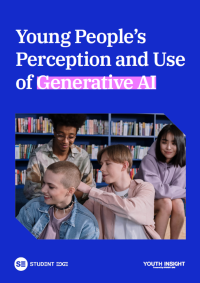
Gender gap in AI confidence
Our research identified that men are more confident than women in using Generative AI tools. Here, men were more likely to report being somewhat confident or very confident in using these tools (74%) compared to women (56%).
High School students reported a higher variance in confidence levels, with 81 per cent of boys reporting that they are somewhat or very confident, compared to 62 per cent of girls. Confidence levels in a university, TAFE, or college setting also highlighted a gender gap, with 70 per cent of men reporting that they are confident in using Generative AI compared to just 52 per cent of women.
Overall, most young people reported being somewhat confident in using AI (53%). While only one in 10 reported that they were very confident (12%), 35 per cent of the total population have little to no confidence in their use of AI in 2023. In an education level comparison, high school students had higher confidence levels than tertiary students overall (72% vs 60% respectively).
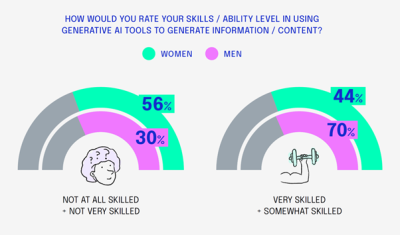
Gender gap in AI skills
When asked about their self-reported skills in using Generative AI, we saw a similar story unfold. Men were again more likely than women to report being very skilled or somewhat skilled (70%), while women were more likely to report that they are not at all or not very skilled (56%).
Students in university, TAFE, and college showed a drastic difference in self-reported skill levels, with 73 per cent of men reporting that they are somewhat or very skilled, compared to just 28 per cent of women. In high school, 51 per cent of girls reported that they are somewhat or very skilled, compared to 69 per cent of boys.
Looking at the full participant population, 43 per cent of young people consider themselves as having little to no skills in using AI, with 57 per cent reporting that they are very or somewhat skilled. No statistically significant differences were observed in self-reported skill levels between students in high school or tertiary study.
The role of education and training in supporting students’ skills and confidence in AI
With a large proportion of students reporting low confidence and skill levels in using Generative AI tools, the education sector must consider how it can implement training within its system to better support students of all genders and age groups.
As both self-confidence and self-reported skills are higher in men than women, the education sector must also build up the skills and confidence of all to ensure that Generative AI and future jobs using these tools don’t become an occupation that favours some over others. This is our opportunity to not repeat historic mistakes which continue to see a gender gap in STEM.
In 2021, the UNESCO Science Report warned of the risk that the Fourth Industrial Revolution (Industry 4.0) could continue the gender imbalance in STEM, with women remaining a minority in areas including technology and engineering. In Australia, girls’ confidence in STEM subjects is lower than boys, and falls as they get older.
Our data indicate that gender has a play in the confidence levels of young people using AI. We must remember that not every student has the privilege or opportunity of developing these skills by themselves outside of the classroom. Here, we urge the education sector to provide appropriate training to all students with a focus on building their confidence and competencies, to ensure that we do not let communities be left behind with a technology that will impact the future of work.
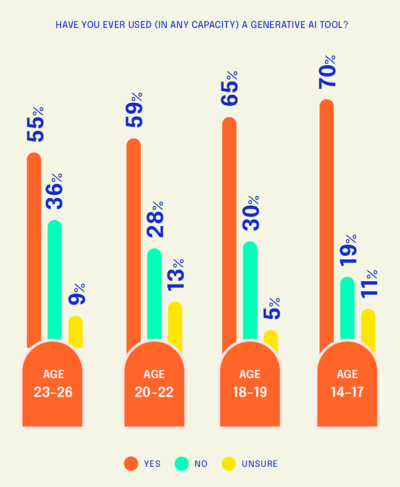
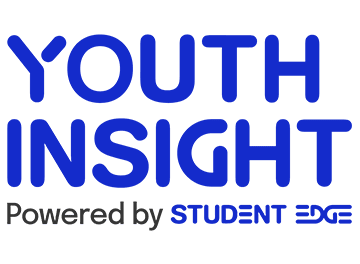
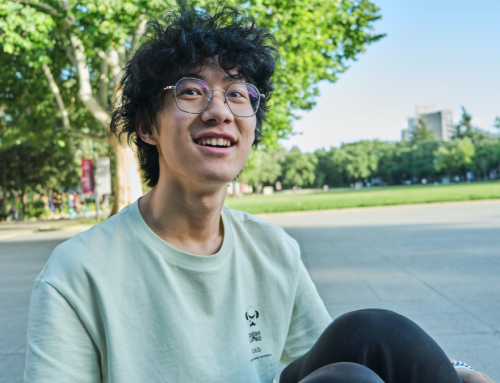


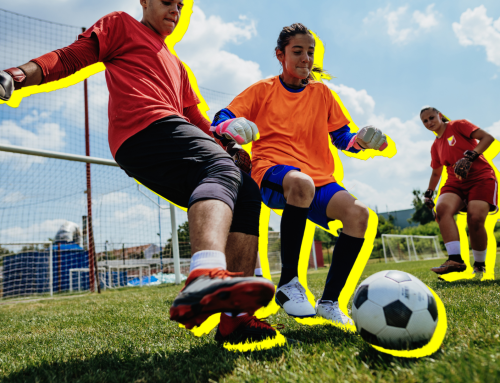
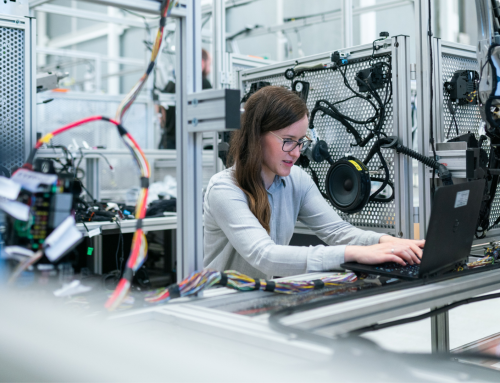
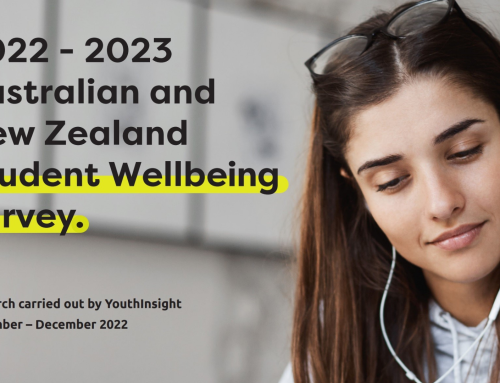


Leave A Comment